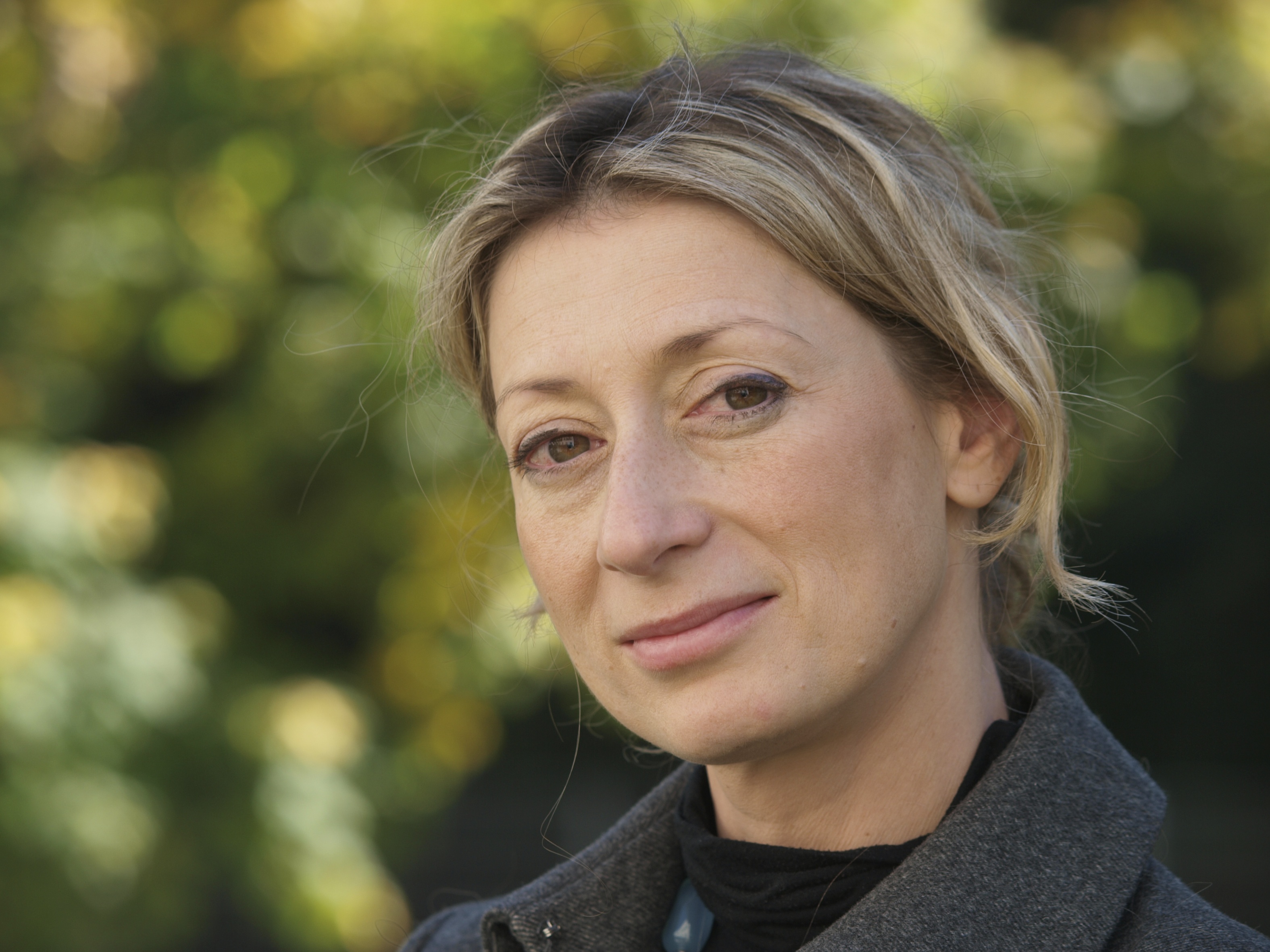Tübingen paleoanthropologist Katerina Harvati-Papatheodorou will receive the 2021 Gottfried Wilhelm Leibniz Prize of the Deutsche Forschungsgemeinschaft (DFG, German Research Foundation). The research prize, which is endowed with 2.5 million euros, will go to ten German scientists this year, the DFG announced on Thursday. Laureate Katerina Harvati, professor of paleoanthropology at the Senckenberg Centre for Human Evolution and Palaeoenvironment (HEP) at the University of Tübingen, is considered a pioneer in her field. Her research has provided new insights into the processes of human evolution and a novel perspective on Neanderthals and their behavioral repertoire.
Harvati has decisively advanced the study of human fossils by combining field research with state-of-the-art computer-assisted imaging techniques of 3D morphology. In this way, she contributed to the clarification of the
species affiliation of Neanderthal man, but also to the description and analysis of the earliest anatomically modern humans. Using a methods, developed by her team, she also succeeded in reconstructing past behavioral patterns, refuting the idea that Neanderthals were coarse creatures with an inferior behavioral repertoire.
In her field research, the paleoanthropologist concentrated on the so far little explored region of southeastern Europe. Here she was able to recover, among other things, fossil finds from Greece that prove the presence of early modern humans there already 210,000 years ago. This means that they had reached Europe about 150,000 years earlier than previously assumed.
Katerina Harvati-Papatheodorou received her doctorate from the City University of New York in 2001. In 2004, she moved to the Max Planck Institute for Evolutionary Anthropology in Leipzig. In 2009, she joined the University of Tübingen as a professor of paleoanthropology and is part of the subsequently founded Senckenberg Centre for Human Evolution and Palaeoenvironment. Her numerous third-party funded projects include a Starting Grant and a Consolidator Grant from the European Research Council (ERC). She is also co spokesperson of the DFG-funded research group "Words, Bones, Genes, Tools: Tracking Linguistic, Cultural and Biological Trajectories of Human Past."
The Gottfried Wilhelm Leibniz Prize is the most important research funding prize in Germany and has been awarded annually by the German Research Foundation since 1986. The goal of the Leibniz Program is to improve the working conditions of outstanding scientists, to expand their research opportunities, to relieve them of administrative workloads, and to facilitate the employment of particularly qualified younger scientists.






